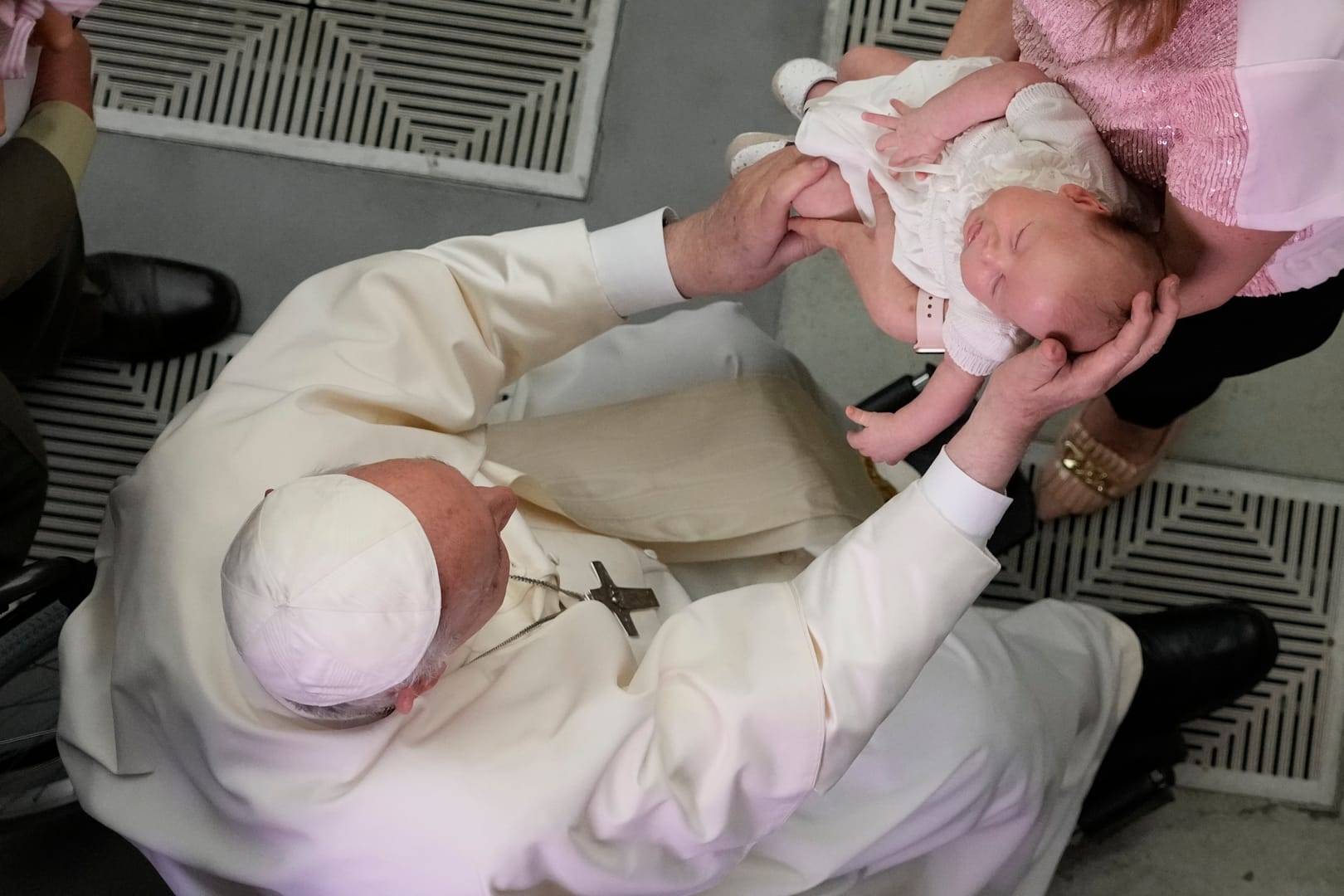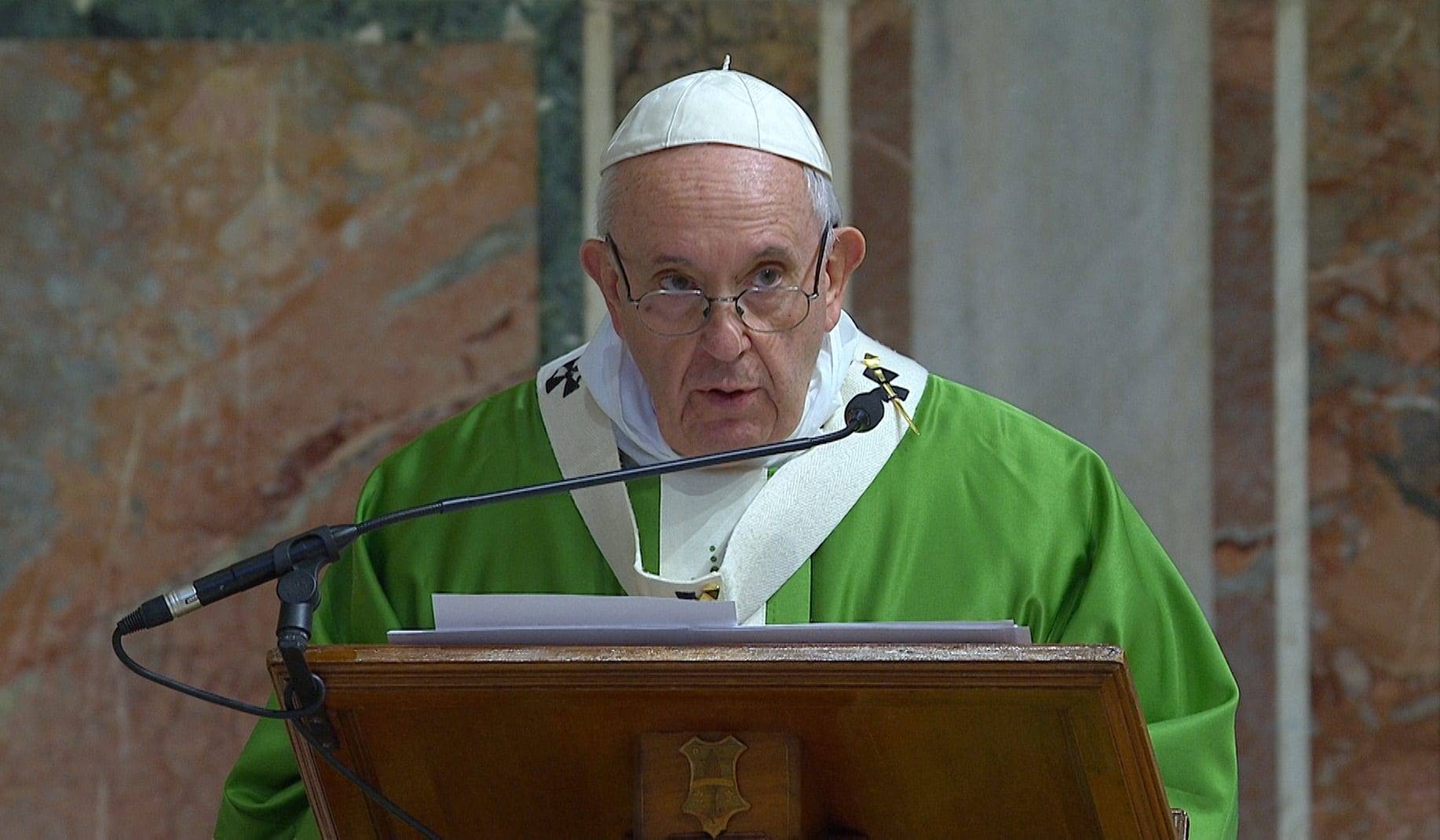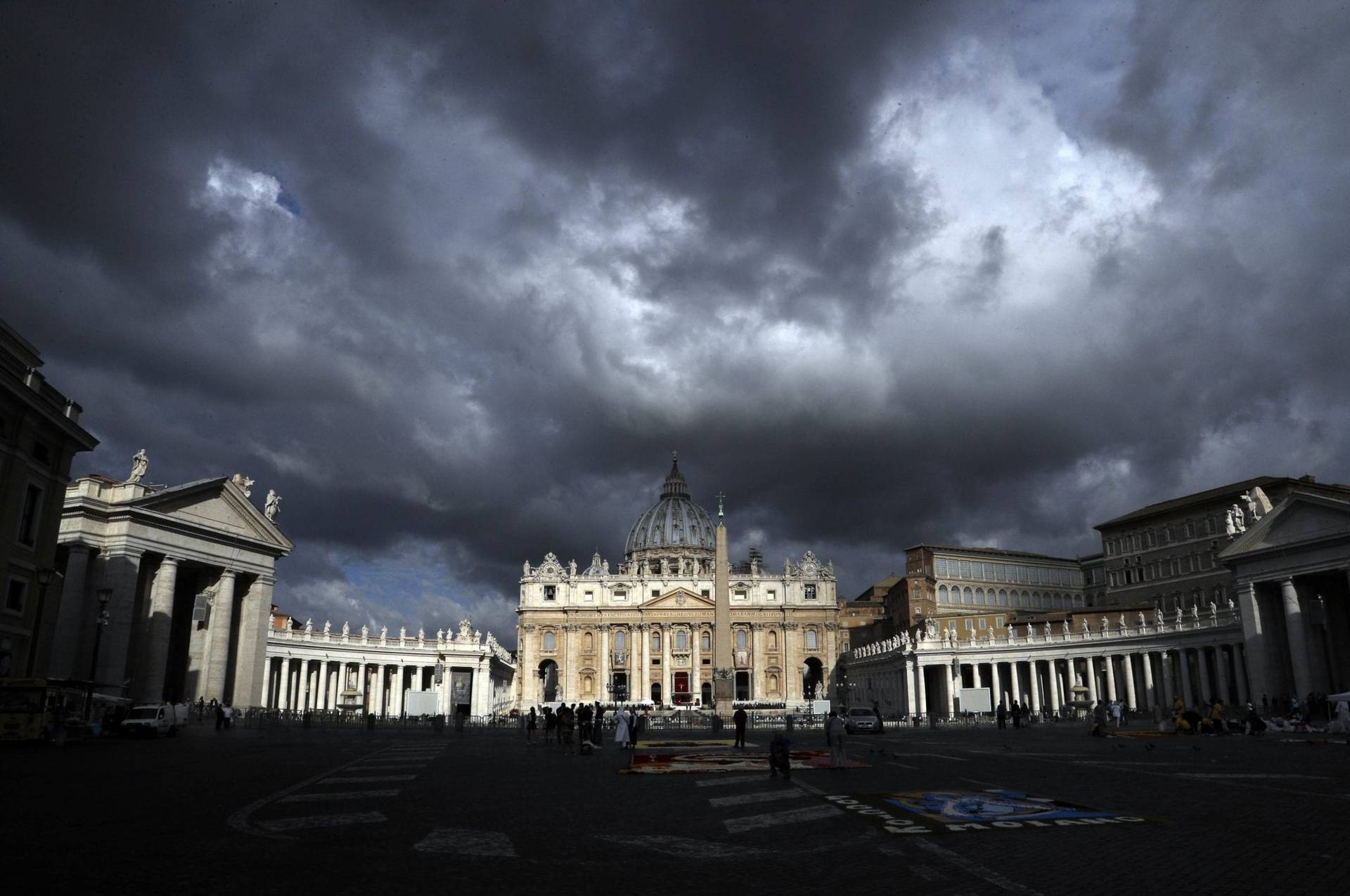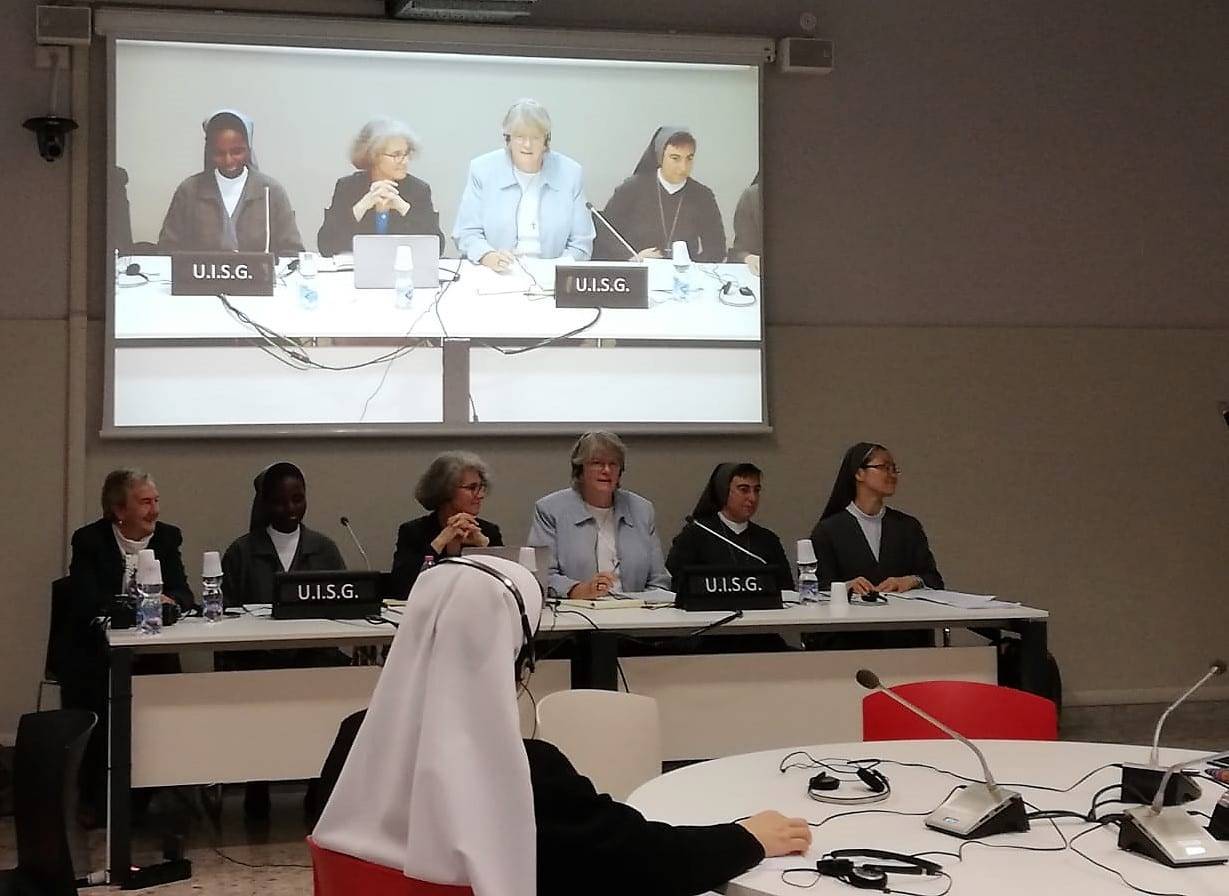ROME — While the voice of Pope Francis serves as a megaphone to open up countries, homes, and hearts to new arrivals, it’s Jesuit Father Michael Czerny whose soft-spoken but forceful words help shape the Church’s response to the more than 250 million people around the globe classified as migrants.
Czerny, who leads the Vatican’s office for Migrants and Refugees — which is personally directed by Francis himself — is a papal appointee to this month’s Synod of Bishops in Rome, which is focusing on the theme of “Young People, the Faith, and Vocational Discernment,” where migration has emerged as one of the primary themes during the first two weeks of discussion.
Early on in the synod, one delegate remarked that they were surprised that on a summit on young people that migration had become a top concern.
Czerny, however, told Crux that while such a surprise may be understandable, when you think about the global scene where so many individuals on the move are young people — be they fleeing persecution or in desperate need to improve their economic prospects — he believes that it becomes obvious that the Church must take up their concerns in a significant manner, both globally and locally.
“The reason they haven’t connected the dots is that vocations and young people are considered pastoral issues, and migration is a social issue,” he said.
“The way you set up your diocesan office or your office at the conference level could easily find these things in two different departments, with two different sensibilities and not necessarily working very closely together,” Czerny continued.
“Even if you think of it at a parish level, the people who might belong to a commission or a committee that works to welcome migrants, are not very likely to be involved in a group that is running a young adults program or a summer camp for kids,” he said.
“I think it reflects the way we tend to organize our ministries, and so you think of migrants as a particular group that needs special care and response.”
While he believes the needs of young migrants are, in fact, often particular, it shouldn’t overshadow the individuals themselves, which are very much seeking the same outcomes and have the same aspirations of young people everywhere.
“What I would hope for very much is that this synod would shine a light on who are these young migrants, not to identify them sociologically, but to see them as young people seeking their calling, seeking the vocation, discovering their horizon, and looking for ways to get on with their lives, which in the end, is what we’d say about young people generally,” Czerny said.
“We want them to know that this stage in their life is a vital part of the life of the Church, and I hope that migrant youth will enjoy a richer ministry on the part of the Church because they’re recognized in their fullness rather than just a ‘social problem,’” he insisted.
Throughout the synod process, Pope Francis has consistently asked that the participants from around the world listen to young people — including their cheering in the synod hall — to get a sense of how the Church can better understand their realities.
Czerny believes that very approach needs to be applied to young migrants — and it shouldn’t be just limited to synodal discussions in Rome.
In fact, in his opening remarks at the synod, he made the case that young migrants on the move are paradigmatic of young people on the whole and could provide a lesson to the entire synod process.
“My suggestion to the synod is instead of thinking of migrants as an exception or not quite fitting in, think of it the other way around: here are young people who have lost their original bearing, their original homes, their original schools, their original friends — everything that a young person finds important for their identity and growing up,” he told Crux.
“These vulnerable young people on the move are kind of a special example, a more intense example, a more vivid example of all young people going through life — even those not deprived of their citizenship, driven out of their homes, or forced to leave their country, but the fundamental questions are the same and in fact, just intensified or more real,” Czerny argued.
His ultimate aim for the synod — and for the Church, in general — is for young migrants and young people alike to be offered a newfound hope.
“The Holy Father’s wish for young people — that they might face a horizon of hope — what more could you wish for a young migrant than a horizon of hope or a promise of hope?” he asked. “That’s what young migrants want, and that’s what people in the Church and outside of it want.”
















